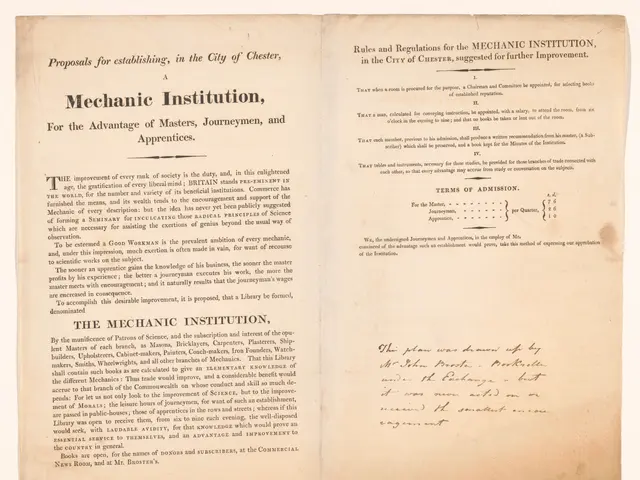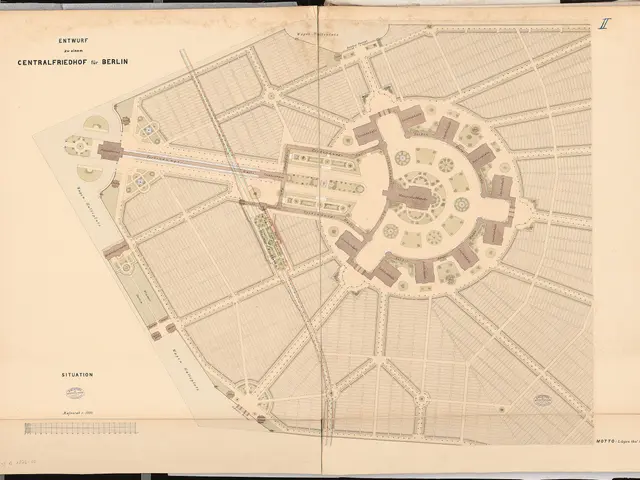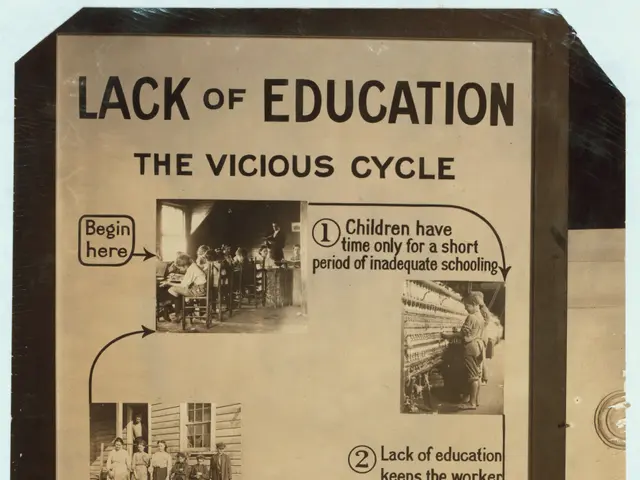American auto imports from Japan plummeting under Trump's tariffs: a look at the drastic consequences
Trump's tariffs in Japan yield severe impacts
The U.S., a key export market for Japan, has seen a notable decline in Japanese auto imports due to President Trump's import tariffs. The value of cars and auto parts shipped to the U.S. dropped by a staggering 24.7 percent in May compared to the previous year, according to Japan's Ministry of Finance[1]. The decline wasn't just in quantity, though; the prices took a hit too, with Japanese automakers slashing their prices to keep their American customers happy while absorbing the additional costs of the tariffs.
Taro Saito, chief economist of NLI Research Institute, elaborates, "It seems that automakers are drastically cutting their prices to absorb the additional costs without losing their customers in the U.S."[1] Japan, a crucial U.S. ally, is subject to a base tariff rate of 10 percent, with cars, steel, and aluminum being hit with additional tariffs of 25 percent and 50 percent[1].
The auto industry represents a significant chunk of Japan's total exports to the U.S., accounting for around 30 percent[2]. According to official figures, exports to the U.S. across all sectors decreased by around 11 percent in May, while U.S. imports fell by 13.5 percent[2]. Despite the fall in exports, Japan is negotiating with the U.S. to resolve the trade dispute, but as of now, no viable solution has been found[2].
Politics Germany remains optimistic; Trump calls EU's tariff offers unfair
Japan is heavily reliant on exports, with 8 percent of all jobs in the automotive industry. The tariffs are a significant blow, threatening investment decisions by major Japanese car manufacturers such as Toyota, Honda, and Nissan, who are grappling with increased costs and market uncertainties[3]. Economic analysis suggests that while large automakers may be able to withstand the immediate effects of the tariffs, smaller suppliers in the supply chain are likely to face more severe challenges[1].
The situation could lead to volatility and "whiplash" through Japan's integrated global supply chains, potentially slowing growth and negatively impacting the overall economy[3]. In response to these tariffs, Japanese automakers and officials are actively seeking resolutions through diplomatic and trade negotiations with the U.S. government. Japan is pushing for bilateral dialogue and engaging with other regions like ASEAN and Europe, which are similarly affected by U.S. tariffs[1].
Japan is eager to avoid making concessions prematurely, as it could prompt backlash from industry groups and labor unions, potentially eroding political support[1]. As it stands, the trade environment remains tense, with ongoing negotiations and strategic adjustments by Japanese automakers and policymakers[4].
- Japan
- USA
- Exports
- Auto Industry
Sources:[1] ntv.de, spl/AFP[2] Evening Standard[3] The Economist[4] The Diplomat
Additional Enrichment Data
Economic analysis suggests that while large automakers may be able to withstand the immediate effects of the tariffs, smaller suppliers in the supply chain are likely to face more severe economic challenges[1]. The tariffs risk causing volatility and "whiplash" through Japan's integrated global supply chains, potentially slowing growth and negatively impacting the overall economy[3]. In response to these tariffs, Japanese automakers and officials are actively seeking resolutions through diplomatic and trade negotiations with the U.S. government. Japan is pushing for bilateral dialogue and engaging with other regions like ASEAN and Europe, which are similarly affected by U.S. tariffs[1]. This approach aims to avoid rushing into unfavorable agreements and to find common ground that can be politically and economically justified on both sides[1].
- The US-Japan trade dispute, instigated by President Trump's import tariffs, has led to a significant drop in Japanese auto exports to the US, impacting the entire auto industry.
- The US automotive market, traditionally a significant recipient of Japanese exports, has witnessed a decline, with total exports decreasing by 11% in May as per official figures.
- The trade tension has resulted in Japanese automakers slashing their prices to absorb the additional costs, but smaller suppliers in the supply chain are likely to face more severe economic challenges.
- The global supply chains of the Japanese economy are at risk due to the tariffs, potentially causing volatility and slowing growth.
- The Japanese government and automakers are actively engaging in diplomatic and trade negotiations with the US to resolve the dispute, also reaching out to regions like ASEAN and Europe to seek support against US tariffs.
- The Japanese approach is geared towards avoiding unfavorable agreements and finding common ground that is both politically and economically justified on both sides.
- This trade disagreement could have wider implications, affecting industries such as manufacturing, retail, transportation, and even employment policies within both communities.
- The ongoing negotiations between the US and Japan manifest the complexities of policy-and-legislation in the context of war-and-conflicts, crime-and-justice, car-accidents, general-news, and the broader politics of interactions between nations.








